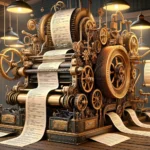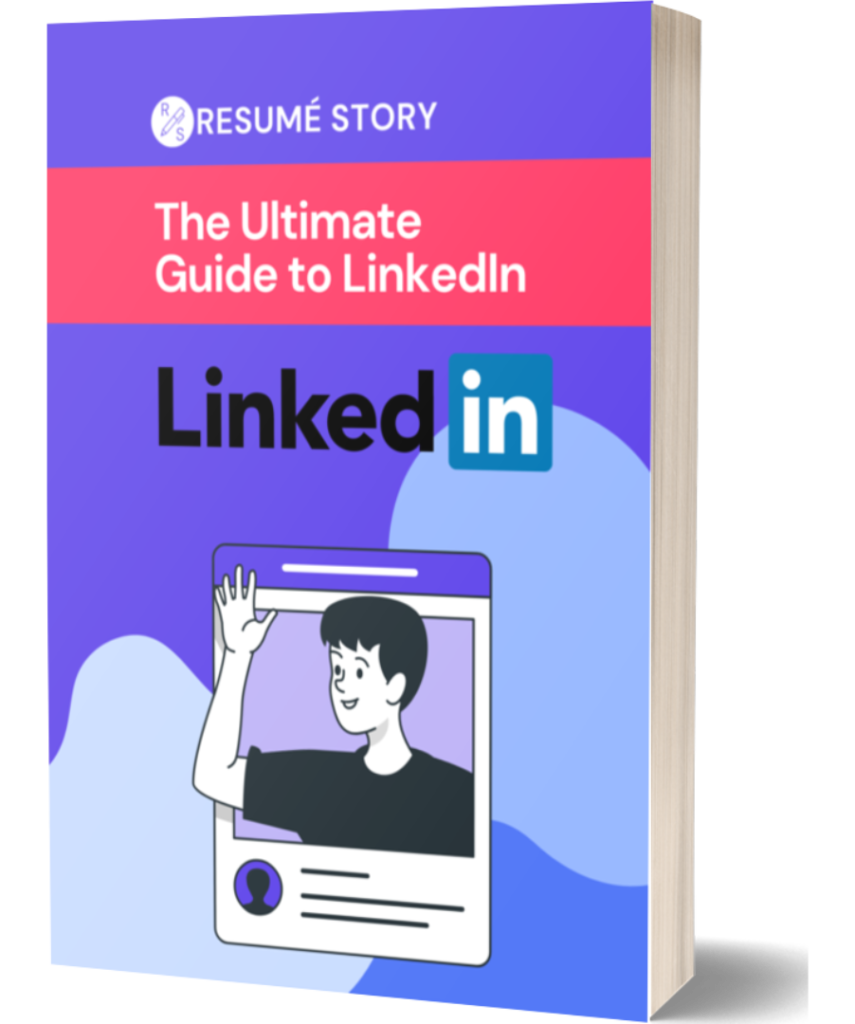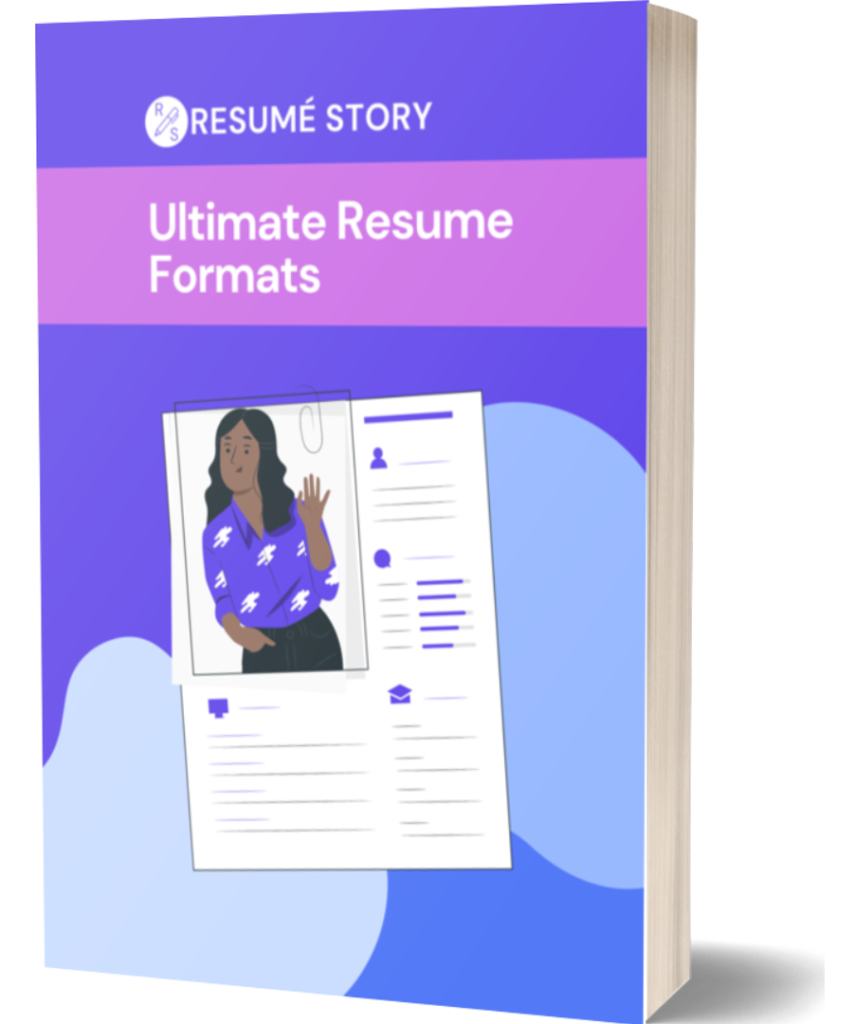Common Resume Mistakes Holding You Back From Your Dream Job

Table of Contents
Introduction to common resume mistakes
Resume writing is both a science and an art. Crafting a CV can be daunting, as it is very easy to make common resume mistakes that can cost you a potential job opportunity due to common cv mistakes. This post aims to guide you on writing your resume. resume mistakes to avoid and provide you with tips on how to create a strong and impactful resume template. By following these guidelines, you can ensure that your CV stands out to recruiters and increases your chances of landing your dream job. Whether you are a recent graduate or a seasoned professional, it is important to pay attention to the details when it comes to resume writing. This post will help you avoid all pitfalls and lead you towards success in your search.
Why resume mistakes can be fatal for your job search journey
Having mistakes on your resume can be fatal for your search journey for several reasons. Firstly, ATS filters most of the resumes that are submitted, meaning that even if you are a qualified candidate, your resume may not make it through to a human recruiter if it contains errors. Additionally, recruiters often spend too little time reading each resume due to the high volume of applications they receive. With thousands of job applicants make these common mistakes on their resumes. for each position, any mistakes on your resume could quickly result in it being overlooked in favor of other, error-free applications.
Furthermore, mistakes on your resume can also harm your chances of securing an interview because they can create a negative impression of your attention to detail and professionalism. Employers are looking for candidates who can demonstrate their abilities clearly and effectively, and errors on your resume can be seen as a red flag. It’s crucial to read your resume multiple times to catch these mistakes. Lastly, having mistakes on your resume can lead to missed opportunities for networking and potential referrals, as a flawed resume may deter others from recommending you for job opportunities. Overall, ensuring your resume is error-free is crucial for a successful job search journey.
What are the common resume mistakes to avoid?
1. Including a resume objective
Resume objectives Professional summaries have been a common component of resumes for many years, helping recruiters find the information they’re looking for efficiently. However, there is an ongoing debate about whether they are necessary in today’s job market. Some argue that including a resume objective can help to clarify your career goals and show employers what you are looking for in a position. However, others believe that resume objectives are outdated and take up valuable space on a resume that could be used for more relevant information. While some job seekers choose to include a resume objective, here are three reasons why it may not be needed:
Bullets:
– Objective is subjective: A resume objective may limit your opportunities as it could make you appear too narrowly focused.
– Irrelevant information: Employers are more interested in your skills and work experience rather than your career goals.
– Space efficiency: A resume objective takes up valuable space that could be used to showcase your qualifications and achievements.
2. Using the same resume for all applications
Using the same resume for all job applications can be tempting for its convenience, but it may not be the most effective strategy in landing your dream job. Tailoring your CV to each specific job application can greatly increase your chances of standing out to employers. Advantages of a customized resume include:
- Highlighting relevant skills and experience: By customizing your resume to match the job requirements, you can emphasize the qualifications that make you the ideal candidate for the position.
- Personalized touch: Customizing your resume shows that you have taken the time to research the company and understand their needs, demonstrating your genuine interest in the role.
- Increased chances of getting an interview: A customized resume, which considers the job posting, is more likely to catch the attention of recruiters, leading to more opportunities for interviews.
On the other hand, disadvantages of using the same resume for all applications include:
- Generic appearance: A generic resume may fail to showcase your unique qualifications and experiences, making it harder for employers to see why you are the best fit for the job.
- Lack of focus: Using the same resume for different positions can result in a lack of clarity and focus, leaving employers confused about your true skills and interests.
- Missed opportunities: Failing to tailor your resume to each job application could cause you to miss out on opportunities to highlight specific achievements or work experience that are relevant to the position.
3. Describing job duties only on your resume
Example of writing job description in a resume: As a marketing coordinator, my job duties include creating and implementing marketing strategies, managing social media platforms, analyzing market trends, coordinating promotional events, and collaborating with the sales team to drive revenue growth.
Here is why you should avoid it:
Irrelevant: Employers are more interested in your accomplishments and in your skills section rather than a laundry list of job duties.
Generic: Job descriptions can often be vague and lack specifics, making it difficult for employers to understand your unique contributions.
Limiting: Focusing on job duties may pigeonhole you into a specific role and hinder your chances of showcasing your diverse skill set.
Misses the mark: A job description does not highlight your achievements, which are crucial for standing out among other candidates.
Wasted space: Listing job duties takes up valuable real estate on your resume that could be better utilized for showcasing your accomplishments and skills.
4. Creating a short or lengthy resume
When it comes to creating a resume, there are advantages and disadvantages to both short and lengthy versions. A short resume, while concise and to the point, may not provide enough detail for recruiters to fully assess your qualifications and experience. This could lead to you being overlooked for opportunities that you may be suitable for. On the other hand, a lengthy resume allows you to include a comprehensive list of your skills, work experience, and accomplishments. However, there are drawbacks to having a lengthy resume as well.
Disadvantages of short resume
One of the main disadvantages of a short resume (less than one page) is the lack of detail it provides. Recruiters may not get a full picture of your capabilities and accomplishments, leading them to question if you are a good fit for the role. Additionally, a short resume may not highlight certain key experiences or skills that are relevant to the position you are applying for. This could put you at a disadvantage compared to other candidates with more comprehensive resumes.
How recruiters will perceive lengthy resume
Recruiters may perceive a lengthy resume (longer than two pages) as overwhelming or difficult to read. They may not have the time to thoroughly review each section, which could result in important information being overlooked. A lengthy resume may also be seen as a lack of editing skills or an inability to prioritize information effectively. It is important to strike a balance between providing enough detail and keeping your resume concise and easy to read.
5. Making grammatical or formatting errors or spelling errors on your resume
When it comes to crafting a resume, making grammatical or formatting errors can have a significant impact on how recruiters and Applicant Tracking Systems (ATS) perceive your application. Recruiters, who are typically looking for attention to detail and professionalism, may view grammatical errors as a sign of carelessness or lack of effort. This can be especially detrimental in industries where strong communication skills are essential. Similarly, ATS systems are programmed to scan resumes for specific keywords and phrases, making it crucial that your document is error-free to ensure it gets past the initial screening process.
Examples of common grammatical errors that can negatively impact your resume include:
- Misspelled words: Spelling mistakes can make a candidate appear unprofessional and lacking attention to detail.
- Subject-verb agreement errors: Inconsistencies in verb tenses can confuse the reader and detract from the overall clarity of the resume.
- Run-on sentences: Long, convoluted sentences can make it difficult for the reader to understand the information being presented.
- Incorrect word usage: Mixing up words like “their,” “there,” and “they’re” can make a resume seem unpolished and unprofessional.
6. Using jargon or cliches on your resume
Using jargon or cliches in our writing or everyday conversations can often make our communication less clear and engaging for our audience. It is important to avoid these language pitfalls to ensure that our message is easily understood and has an impact. Firstly, using jargon can alienate readers or listeners who are not familiar with the industry-specific terms we are using. This can result in confusion and a lack of engagement with the content. Secondly, relying on cliches can make our writing seem unoriginal or uninspired, as these phrases are often overused and lack creativity. Lastly, using jargon or cliches can undermine the credibility of our communication, as it may suggest that we are not putting in the effort to convey our message in a thoughtful or meaningful way.
Why we should not use jargons:
- Jargon can alienate readers or listeners who are not familiar with industry-specific terms
- Jargon can result in confusion and a lack of engagement
- Jargon can undermine the credibility of our communication
Some examples of jargons in a resume include phrases like “synergy,” “hard-working team player,” and “results-oriented professional.”
7. Not focusing on your achievements in experience section
It is important to highlight achievements in a resume in order to showcase your skills, experiences, and successes to potential employer. Including accomplishments such as exceeding sales targets, implementing successful projects, or receiving awards can demonstrate your capabilities and set you apart from other candidates. Not focusing on your achievements can lead to missed opportunities and employers overlooking your qualifications. By including achievements on your resume, you are able to paint a clear picture of your strengths and abilities, making it easier for hiring managers to see your value and potential contribution to their organization.
When you fail to highlight your achievements, you may come across as unaccomplished or lacking in experience, which can hinder your chances of landing the job. Employers are often looking for candidates who have a track record of success and can bring tangible results to the table. Neglecting to showcase your achievements could result in your resume being overlooked in favor of those that do demonstrate accomplishments.
Q: How important is it to include contact information on your resume?
A: Including contact information on your resume is essential as it allows potential employers to reach out to you for further discussions or interviews.
Q: What are some tips for writing a resume that stands out?
A: To make your resume stand out, proofread it carefully, tailor it to the job you’re applying for, include a strong resume summary, and ensure that all the information is relevant to the job.
Q: What should you do if your resume isn’t getting the desired results?
A: If your resume isn’t yielding the desired results, consider revisiting and updating it, making sure it aligns with the job ad, is error-free, and effectively showcases your skills and experiences.
Q: How can you ensure that your resume is the best it can be?
A: To ensure that your resume is the best it can be, focus on the format, length, content, and overall presentation. Tailor it for each job application and always proofread it before submission.
Categories
- Freshers (1)
- Interview Prep (2)
- Linkedin (1)
- Resume Writing (9)
- Technical Interviews (1)
- Uncategorized (2)
If you like what you see, please share!
Receive more such content in mail
Popular Posts
-
5 Best Online Resume Builder for 2024
March 23, 2024 Resume Writing -
Understanding the Full Form of CV
March 23, 2024 Resume Writing
Pricing Plans
Choose the best plan for yourself
Review your current resume
per report
- ATS compatibility
- Skill Analysis
- Content Structure
- Resume Structure
- Language Analysis
- 30 min 1-on-1 session
- Skill mapping for dream job
- Resume re-writing
- 3 mock interviews
Professional Resume Writing
3 revisions
- ATS compatibility
- Skill Analysis
- Content Structure
- Resume Structure
- Language Analysis
- 30 min 1-on-1 session
- Skill mapping for dream job
- Resume re-writing
- 3 mock interview
Mock Interview Practise
3 hour sessions
- ATS compatibility
- Skill Analysis
- Content Structure
- Resume Structure
- Language Analysis
- 30 min 1-on-1 session
- Skill mapping for dream job
- Resume re-writing
- 3 mock interviews









